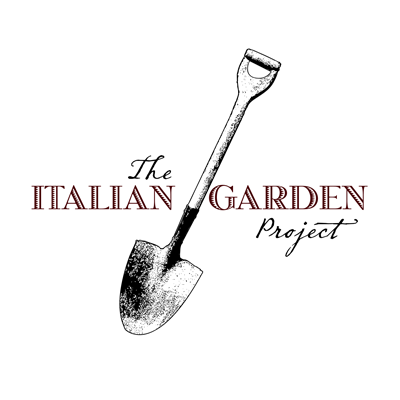An Apple a Day...
I shot some video over the weekend that I can’t stop thinking about. It was something that on the surface seems pretty mundane, but as I was filming I was overwhelmed with the feeling that I was capturing a whole lifestyle in a single moment.
I had spent Saturday morning at Mr. Ciccone’s. He had promised to teach me how to make wine from the juice of the wine grapes that he had bought in 6 gallon buckets from the produce market. We also planned to wash and taste one of the prosciutto we made in January to see how the curing process was coming along. I arrived around 9 AM and brought a dozen eggs and some of the sausage that we had made along with the prosciutto last winter. Before we started working, I fried several eggs and the sausage and toasted some of the thickly-sliced Italian bread that he always has.
After we ate, he took an apple from a bowl in the center of the table, picked up a knife and began to peel and carve it into pieces to eat. Maybe that doesn’t sound like a big deal, but as I watched I thought, “They have so much to teach us." Right there, condensed in that moment, those suntanned, weathered hands with that old knife that’s been sharpened a hundred times. So skillfully and patiently carving, turning, peeling, inspecting that apple, one with so many imperfections that most of us wouldn’t have even considered eating and would have thrown out. But as he often so proudly proclaims, “John Ciccone doesn’t waste anything.” And besides, he doesn’t expect the apple to be big and red and shiny. Apples grow outside, in nature, with bugs and worms, exposed to the elements. It is from nature, not coated with man-made chemicals to ward off all traces of it. To him this is the way apples are supposed to be eaten.
He carefully and systematically removes the decayed and blemished parts and exposes perfectly good, edible pieces of the fruit. His 93-year-old hands work in perfect unison with the knife, almost as if the blade is an extension of his hand. He finishes most meals like this. This is dessert to him. I remember my grandfather doing the same with the apples he grew. After dinner, he’d lay a dish towel in front of him on the table, and slowly peel and carve. He said apples cleaned his teeth. When he was finished, he’d pick up the four corners of the towel and carry it outside and toss the scraps on the garden.
At 91 my grandfather could use a knife the same way Mr. Ciccone does, with the beautiful, time-worn, hard-working hands of a gardener. I see them shelling beans, braiding garlic, pruning grapevines and tying the tomato plants, trimming the fat from the prosciutto and sharpening a stick to use for planting. A lifetime spent using their hands to grow and prepare food, pure and simple. It’s not about organic food or local food or heirloom or artisan food. It’s not about being a foodie or being green or sustainable. It’s not about saving the planet or getting back to nature. The fact is they never left nature. They live immersed in it, almost unconsciously so. Ask them why they plant a garden and you might as well ask them why they breathe. It’s part of them. It’s what they do.
And we desperately need them. We need them to remind us of how things were and how much things have changed, and offer us a choice of how we want to live and of what things we want to bring with us into the future.

